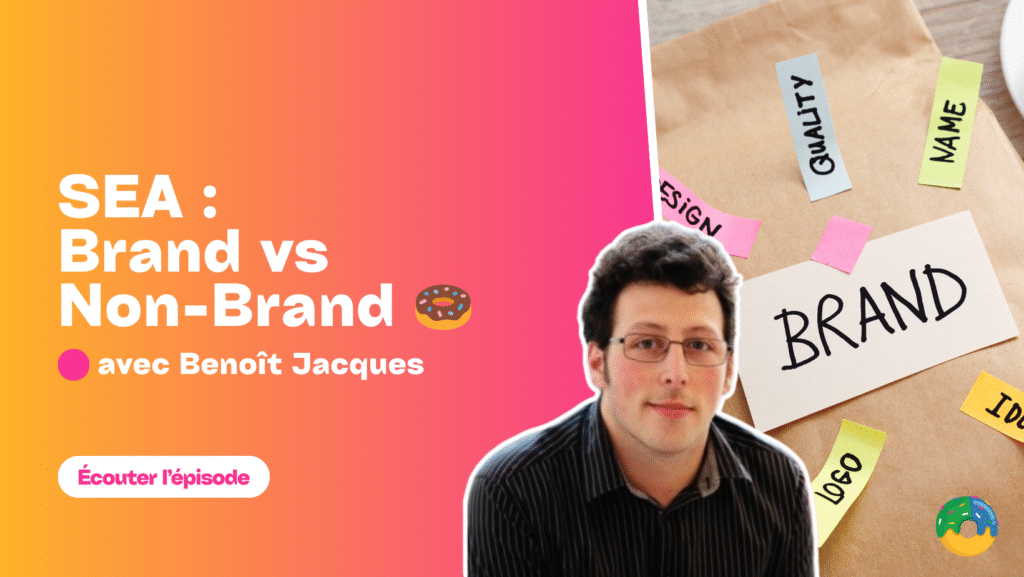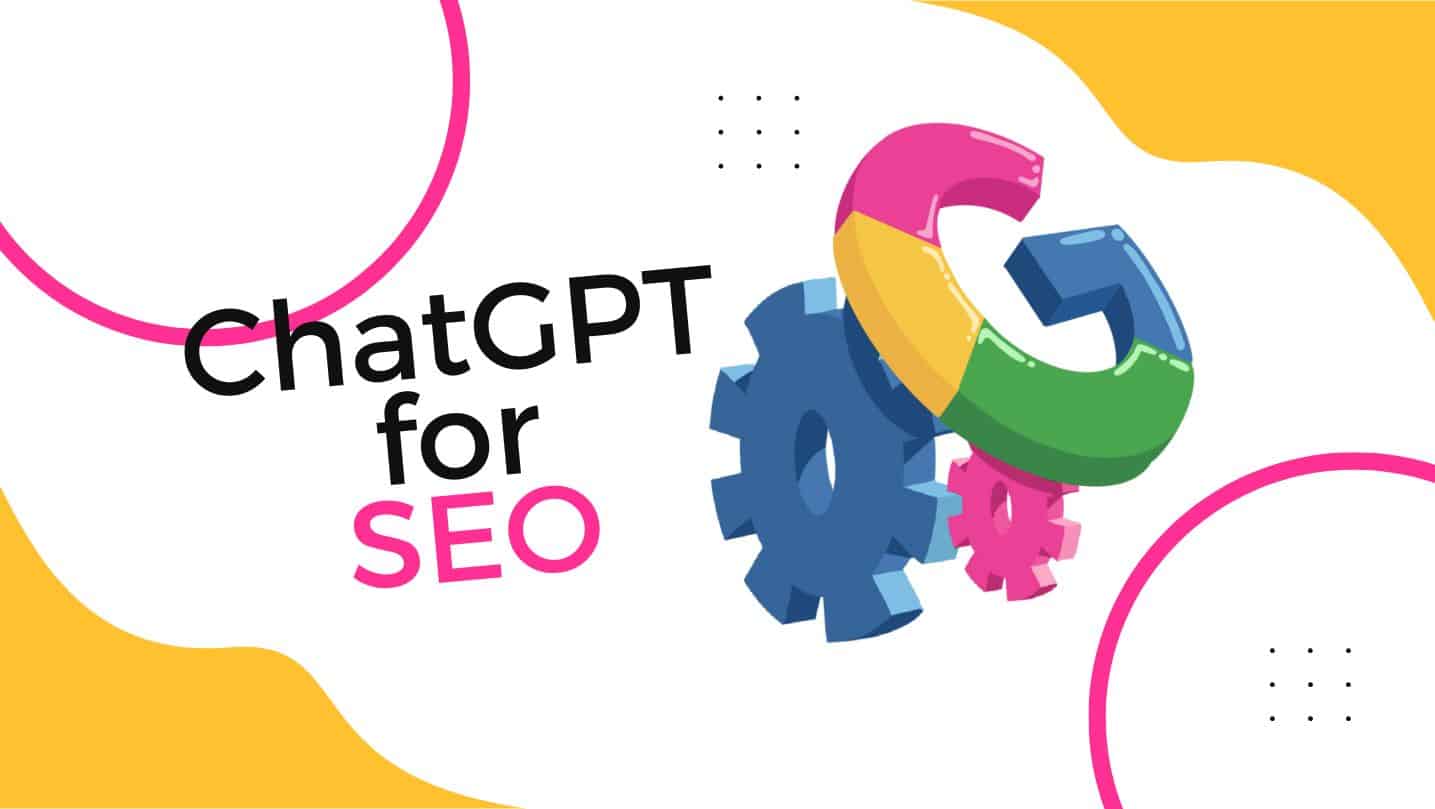The Search Generative Experience (SGE) is transforming Google search and, with it, your acquisition strategies. Gone are the results pages where users dutifully clicked on SEO links or ads. Now, an AI-generated answer appears above the classic results and draws away some of the attention… and clicks. For an executive or C-level, the stakes are clear: protect the brand, save performance, and methodically rethink the Google Ads strategy.
Context: Google’s Paradigm Shift
For nearly 20 years, the model was stable:
- the user typed a query
- a list of links (SEO + Ads) appeared
- the advertiser bid to win the best position
With SGE, Google presents an AI summary at the top of the page that directly answers the user’s intent. Result: fewer clicks on traditional links, and a new playing field where relevance and authority matter even more.
👉 In the United States, where SGE is already active, some brands have observed up to -30% SEO traffic: this is a strong signal for all markets.
Implicitly, this change primarily means that Google Ads remains essential… but becomes more demanding. It will no longer be enough to just click “Activate” and inject budget: the message, proof, and experience take precedence.
Major Impacts for Advertisers
Fewer SEO Clicks (and Increased Competition in SEA)
AI answers cannibalize a portion of organic clicks. When the user gets their answer in the SGE block, they click less on SEO results. This mechanically shifts pressure towards Google Ads, where competition intensifies and CPCs can increase.
A Shortened User Journey
The user finds an answer without leaving Google. Therefore, your content must be sufficiently cited or referenced by this AI answer, or your ad must perfectly match the phrasing and intent.
Brand vs. Non-Brand: AI also Captures Brand Queries
SGE reformulates and groups. Brand queries (“your name + reviews“, “your name + price“) can shift into a comparative logic where multiple options appear. If your brand is not clearly highlighted, you lose clicks that were otherwise “acquired”.
Want to know more about the topic? We recorded a podcast episode with Benoît to talk about it 👇

What this Means for your Google Ads Campaigns
To exist within (and around) SGE, your campaigns must evolve along four key areas.
Absolute Alignment with Search Intent
- Ultra-precise messages: ad titles, descriptions, and assets (extensions) must align with how users phrase questions.
- Controlled granularity: structure your ad groups around intents (problem, solution, brand, comparison, price).
- Smart negative targeting: exclude out-of-scope queries to focus budget on the best buying signals.
Content that Influences AI (SEO × SEA)
- Pages that clearly answer questions (comparisons, guides, FAQs, proof points) are more likely to be cited by SGE.
- Use your Google Ads campaigns to test the messages that convert best, then align SEO content accordingly.
- Cultivate E-E-A-T (experience, expertise, authority, trustworthiness) and structured data (product schemas, FAQs, reviews).
Brand: Defending your Territory
- Robust brand campaigns (polished RSAs, extensions, dedicated pages).
- Monitor brand impression share and presence in SGE snapshots for your key queries.
- Build awareness (PR, reviews, testimonials, case studies): anything that strengthens credibility influences the AI response.
Social Proof & Awareness
- Integrate customer reviews, labels, certifications, ratings.
- Add concrete case studies: figures, ROI, deadlines.
- Reuse this proof in your ad extensions and on your landing pages.
Our Approach at Donutz Digital
At Donutz Digital, we anticipate the arrival (or extension) of the Search Generative Experience with a pragmatic method, tested in production.
Intent-Oriented Campaigns
We map your audience’s intent clusters (problem, solution, comparison, brand, price) and rewrite assets to match AI formulations.
- Mapping “question → answer → proof”.
- RSAs (Responsive Search Ads) with title variations aligned with SGE formulations.
- Negative keyword lists to protect the budget.
Data-Driven SEO + SEA Synergy
- Identification of content that can be picked up by SGE (comparisons, FAQs, “how to choose” guides).
- A/B tests of message angles via Google Ads, then transfer of winners to SEO pages.
- Implementation (or reinforcement) of structured schemas (FAQ, HowTo, Product, Review).
Brand Protection
- Audit of sensitive brand queries (reviews, prices, alternatives).
- Dedicated brand campaigns + extensions.
- Regular monitoring of SGE visibility and brand name impression share.
Continuous Testing & Learning
- SGE Scenarios: simulations of key queries, scoring of presence and messaging.
- Full-funnel measurement: impression share, CTR, CPC, CPA, conversion value, impact on SEO traffic.
- Monthly iteration: we keep what wins, we cut what costs.
Key Takeaways
The era of “I throw a budget and I appear” is over. Search Generative Experience strengthens competition and rewards relevance. To perform, your Google Ads must embrace intent, your content must convince, and your brand must reassure. Advertisers who align Ads, SEO, and social proof will be picked up by AI and win the clicks that matter.
👉 At Donutz Digital, we are already helping our clients adapt their campaigns to this new framework. Ready to anticipate SGE and secure your growth? Contact us, let’s talk.
FAQ
How Does Search Generative Experience Impact My Google Ads Budget?
SGE shifts attention to the AI answer, which increases competition for the remaining placements. Expect rising CPCs for certain intents. The challenge is to better qualify your queries and elevate ad relevance to stabilize CPA.
Should I Still Invest in SEO if SGE Captures Clicks?
Yes. SEO becomes the foundation of authority that feeds the AI answer. Clear, expert, structured pages (schemas, FAQs, comparisons) are more likely to be cited by SGE. SEO and Google Ads work together.
How Do I Know if My Brand Appears in the SGE Answer?
Set up regular monitoring for your strategic queries (brand, categories, comparisons). Score presence (yes/no), the quality of the messaging, and relative exposure compared to competitors. Adjust your pages and ads accordingly.
Should I Modify the Structure of My Google Ads Campaigns?
Often, yes. Shift from a 100% keyword logic to an intent-based logic:
- campaigns / ad groups by problems, solutions, comparisons, brand, price
- Varied RSAs with formulations close to Search Generative Experience questions
- continuously updated negatives
What Social Proof most Influences SGE and Conversion?
Verified reviews, quantified case studies, labels/awards, and industry testimonials. Display them on pages, in extensions, and in creatives. The more readable and concrete it is, the better.







